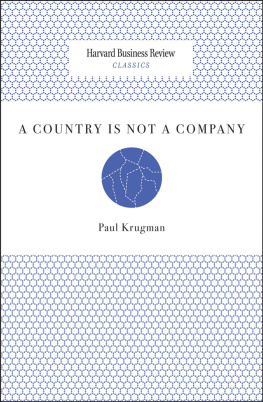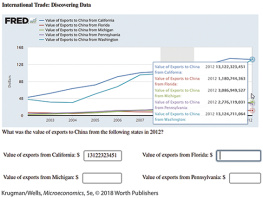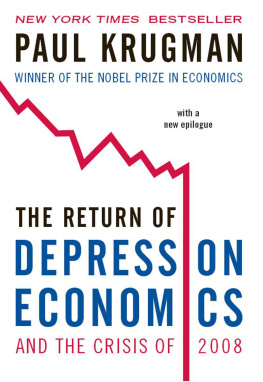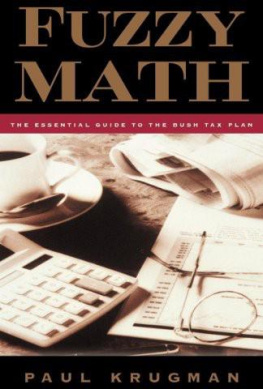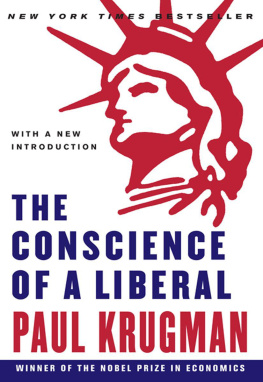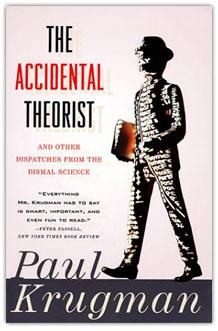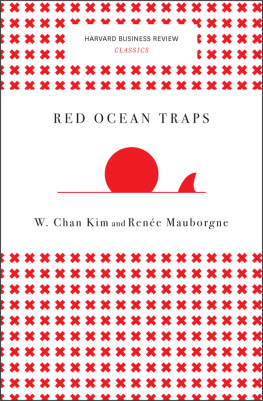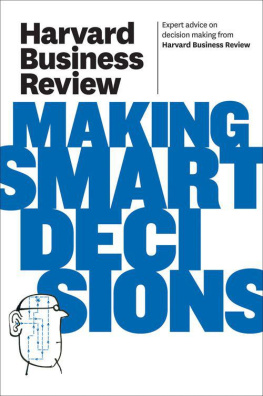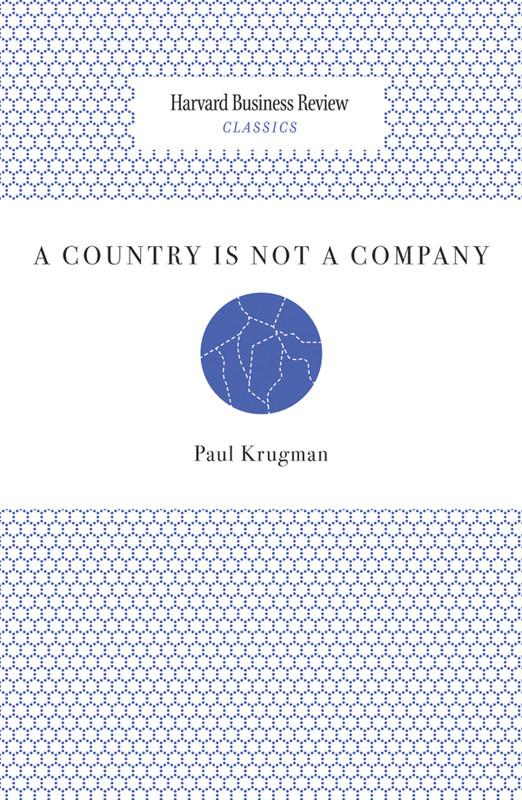
A COUNTRY IS NOT
A COMPANY
Harvard Business Review
CLASSICS
A COUNTRY IS NOT
A COMPANY
Paul Krugman
Harvard Business Press
Boston, Massachusetts
Copyright 2009 Harvard Business School Publishing Corporation
Originally published in Harvard Business Review in January 1996
Reprint 96108
All rights reserved
Printed in the United States of America
13 12 11 10 09 5 4 3 2 1
No part of this publication may be reproduced, stored in or introduced into a retrieval system, or transmitted, in any form, or by any means (electronic, mechanical, photocopying, recording, or otherwise), without the prior permission of the publisher. Requests for permission should be directed to permissions@hbsp.harvard.edu, or mailed to Permissions, Harvard Business School Publishing, 60 Harvard Way, Boston, Massachusetts 02163.
ISBN: 978-1-4221-3340-8
Library-of-Congress cataloging information forthcoming
The paper used in this publication meets the requirements of the American National Standard for Permanence of Paper for Publications and Documents in Libraries and Archives Z39.48-1992.
THE HARVARD BUSINESS REVIEW CLASSICS SERIES
Since 1922, Harvard Business Review has been a leading source of breakthrough ideas in management practicemany of which still speak to and influence us today. The HBR Classics series now offers you the opportunity to make these seminal pieces a part of your permanent management library. Each volume contains a groundbreaking idea that has shaped best practices and inspired countless managers around the worldand will change how you think about the business world today.
A COUNTRY IS NOT
A COMPANY
College students who plan to go into business often major in economics, but few believe that they will end up using what they hear in the lecture hall. Those students understand a fundamental truth: What they learn in economics courses wont help them run a business.
The converse is also true: What people learn from running a business wont help them formulate economic policy. A country is not a big corporation. The habits of mind that make a great business leader are not, in general, those that make a great economic analyst; an executive who has made $1 billion is rarely the right person to turn to for advice about a $6 trillion economy.
Why should that be pointed out? After all, neither businesspeople nor economists are usually very good poets, but so what? Yet many people (not least successful business executives themselves) believe that someone who has made a personal fortune will know how to make an entire nation more prosperous. In fact, his or her advice is often disastrously misguided.
I am not claiming that businesspeople are stupid or that economists are particularly smart. On the contrary, if the 100 top U.S. business executives got together with the 100 leading economists, the least impressive of the former group would probably outshine the most impressive of the latter. My point is that the style of thinking necessary for economic analysis is very different from that which leads to success in business. By understanding that difference, we can begin to understand what it means to do good economic analysis and perhaps even help some businesspeople become the great economists they surely have the intellect to be.
Let me begin with two examples of economic issues that I have found business executives generally do not understand: first, the relationship between exports and job creation, and, second, the relationship between foreign investment and trade balances. Both issues involve international trade, partly because it is the area I know best but also because it is an area in which businesspeople seem particularly inclined to make false analogies between countries and corporations.
EXPORTS AND JOBS
Business executives consistently misunderstand two things about the relationship between international trade and domestic job creation. First, since most U.S. businesspeople support free trade, they generally agree that expanded world trade is good for world employment. Specifically, they believe that free trade agreements such as the recently concluded General Agreement on Tariffs and Trade are good largely because they mean more jobs around the world. Second, businesspeople tend to believe that countries compete for those jobs. The more the United States exports, the thinking goes, the more people we will employ, and the more we import, the fewer jobs will be available. According to that view, the United States must not only have free trade but also be sufficiently competitive to get a large proportion of the jobs that free trade creates.
Do those propositions sound reasonable? Of course they do. This sort of rhetoric dominated the last U.S. presidential election and will likely be heard again in the upcoming race. However, economists in general do not believe that free trade creates more jobs worldwide (or that its benefits should be measured in terms of job creation) or that countries that are highly successful exporters will have lower unemployment than those that run trade deficits.
Why dont economists subscribe to what sounds like common sense to businesspeople? The idea that free trade means more global jobs seems obvious: More trade means more exports and therefore more export-related jobs. But there is a problem with that argument. Because one countrys exports are another countrys imports, every dollar of export sales is, as a matter of sheer mathematical necessity, matched by a dollar of spending shifted from some countrys domestic goods to imports. Unless there is some reason to think that free trade will increase total world spendingwhich is not a necessary outcomeoverall world demand will not change.
Moreover, beyond this indisputable point of arithmetic lies the question of what limits the overall number of jobs available. Is it simply a matter of insufficient demand for goods? Surely not, except in the very short run. It is, after all, easy to increase demand. The Federal Reserve can print as much money as it likes, and it has repeatedly demonstrated its ability to create an economic boom when it wants to. Why, then, doesnt the Fed try to keep the economy booming all the time? Because it believes, with good reason, that if it were to do soif it were to create too many jobsthe result would be unacceptable and accelerating inflation. In other words, the constraint on the number of jobs in the United States is not the U.S. economys ability to generate demand, from exports or any other source, but the level of unemployment that the Fed thinks the economy needs in order to keep inflation under control.
That is not an abstract point. During 1994, the Fed raised interest rates seven times and made no secret of the fact that it was doing so to cool off an economic boom that it feared would create too many jobs, overheat the economy, and lead to inflation. Consider what that implies for the effect of trade on employment. Suppose that the U.S. economy were to experience an export surge. Suppose, for example, that the United States agreed to drop its objections to slave labor if China agreed to buy $200 billion worth of U.S. goods. What would the Fed do? It would offset the expansionary effect of the exports by raising interest rates; thus any increase in export-related jobs would be more or less matched by a loss of jobs in interest-ratesensitive sectors of the economy, such as construction. Conversely, the Fed would surely respond to an import surge by lowering interest rates, so the direct loss of jobs to import competition would be roughly matched by an increased number of jobs elsewhere.
Next page
